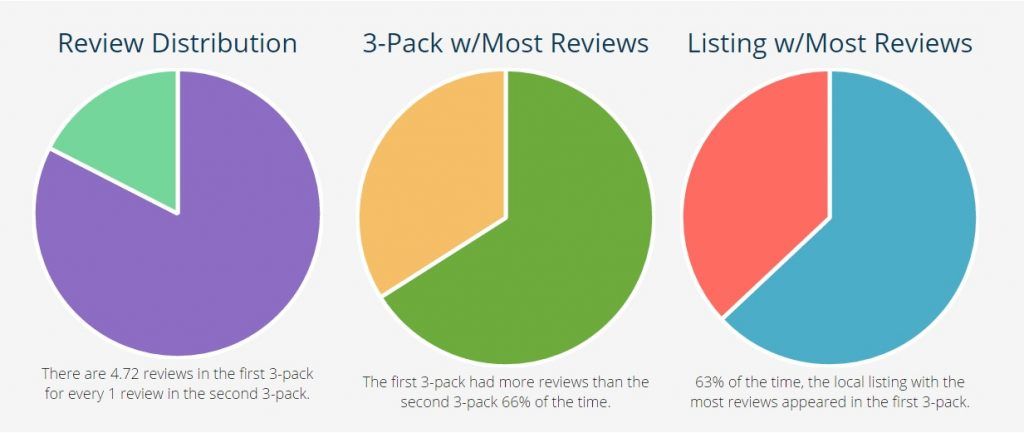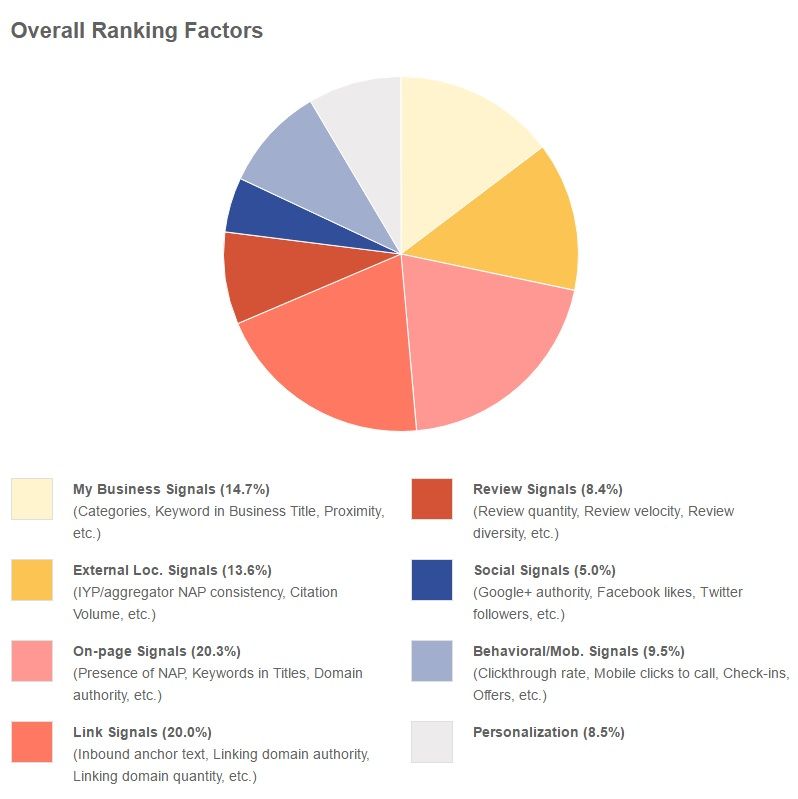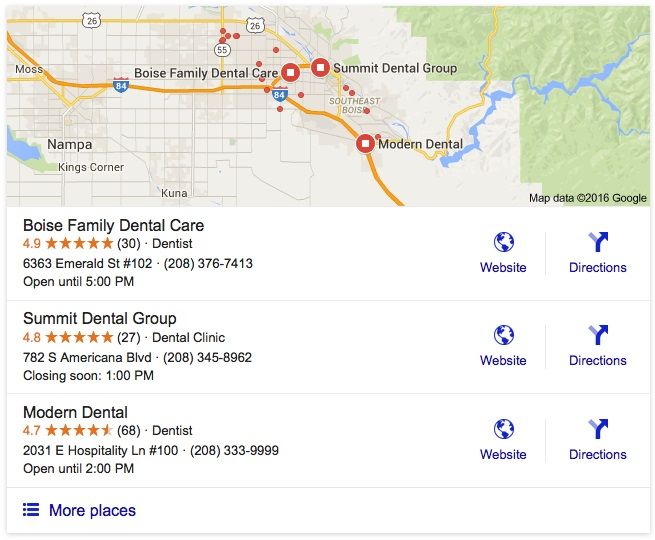
Featured image by ReviewJump
Sponsored content in collaboration with ReviewJump. Views expressed in this article are those of the interviewee and do not necessarily reflect SEW's opinions.
Customer reviews are an important contributing factor to local search rankings. But Brodie Tyler, founder of ReviewJump, believes that they aren't given enough emphasis – by businesses or the SEO community.
The business of reputation management has changed drastically with the advent of the internet.
The BrightLocal Local Customer Review Survey 2015 found that 92% of customers will read online reviews to determine whether a local business is a good one, and that 80% of customers trust online reviews as much as a personal recommendation.
"Pre-internet, you used to ask around, ask your friends and family for recommendations, and that was basically your reputation. Now, with the internet, everything's public. You can't hide anything. Customers can leave you a review without your control," says Tyler.
"So yes, things have changed drastically over the years, and that's why you have to invest in it and pay more attention to it. Whether you like it or not, you have an online reputation. It's just a matter of whether or not you're going to do something about it."
A direct correlation with rankingTyler founded ReviewJump, a web app that makes it easy for businesses to solicit customer reviews and to deal with negative feedback before it reaches the review stage, because he saw a niche in the market for businesses to directly control their online reputation.
"I come from the agency world, and ReviewJump was born out of my frustration at not being able to control the number of reviews our clients were obtaining," he says. "I could control just about everything else – their link building, their on-site optimization; we can even control their content marketing. One thing I didn't have was the right tool for helping our clients get more reviews."

"Reviews have a direct correlation on where you rank in the local search results," adds Tyler. "I know that because I did the research myself, personally."
Tyler individually analyzed 22,000 local business listings on Google and Yelp in order to prove his own theory about the impact of reviews on local SEO rankings. "This was prior to launching ReviewJump, and I was in search of validation for reinvesting in our reputation management software; that's why I was doing this research."
He found that the top three local search results on Google, also known as the 'three-pack' of local search, have an average of 472% more reviews than those in the fourth, fifth and sixth positions.
The research showed that 66% of the time, the first three local search results had more reviews than the second three. And 63% of the time, the local listing with the most reviews overall would be ranked in the top three results.
 Source: ReviewJump
Source: ReviewJump
In spite of the persuasive SEO argument in favor of reviews, Tyler believes online reputation management isn't valued as much as it should be.
"In my experience, a very small percentage [of companies] are actually doing anything about it," he said. "Which I think can offer them a competitive advantage. If only a small percentage are paying attention to their reviews and online reputation, including yourself, that can give you an advantage."
In its local search ranking factors for 2015, Moz ranked review signals – which encompasses review quantity, velocity and diversity – seventh out of a total of eight overall ranking factors, crediting it with an 8.4% influence on local search ranking. But Tyler believes this undervalues the importance of reviews to local SEO.
"I think that's not accurate; I think that's too low. I've done the research on that," he says. "Maybe there needs to be more research into reviews as an overall ranking factor, or maybe it hasn't been publicized enough."
 Source: Moz
Source: Moz
ReviewJump have seen the benefits of an increased number of reviews for their own clients. "There's a medical spa in Arizona, Vitality Med Spa. They've been in business for years, but they only had a dozen or so reviews before they started with us. And in the last three weeks alone, they've gotten 33 new reviews in one location.
"That's an increase of about 400%, all of them either four or five stars." And, crucially, the spa is also ranking at number one in the three-pack of local search results.
Another client, a chain of boutique hotels, has enjoyed an increase of 335% more reviews each month since starting with ReviewJump. And one of the company's earliest clients, Modern Dental, was ranked tenth in the local SERPs shortly after it came on board with ReviewJump, but is now showing up in the three-pack.

If Tyler could give one tip to companies looking to improve their online reputation management, it would be to understand that their reputation truly does affect their revenue. "You're in business to make money. And I believe that people are missing out by not giving their online reputation the credence it deserves.
"The more reviews you have, the higher you're going to rank, the more traffic you're going to get, the more phone calls you're going to get, the more customers you're going to sell to."
Sponsored content in collaboration with ReviewJump. Views expressed in this article are those of the interviewee and do not necessarily reflect SEW's opinions.
For more information on ReviewJump and to take a tour of the software, visit the ReviewJump website.
Get top insights and news from our search experts.
Related readingThere are some sites creating useful or interesting content, that are being let down by a lack of attention to SEO.
Appearing in the top organic listings of Google is increasingly like pouring a gallon of milk into a shot glass.
Last week, reports surfaced suggesting the possibility that Google has made changes to local map results. As detailed by Search Engine Roundtable's Barry Schwartz, in ... read more
Do you know how to speak 'search engine'? If there was ever a universal language for communicating with search engines, Schema.org is probably it.
Source: Are you paying enough attention to reviews in your local SEO?
No comments:
Post a Comment